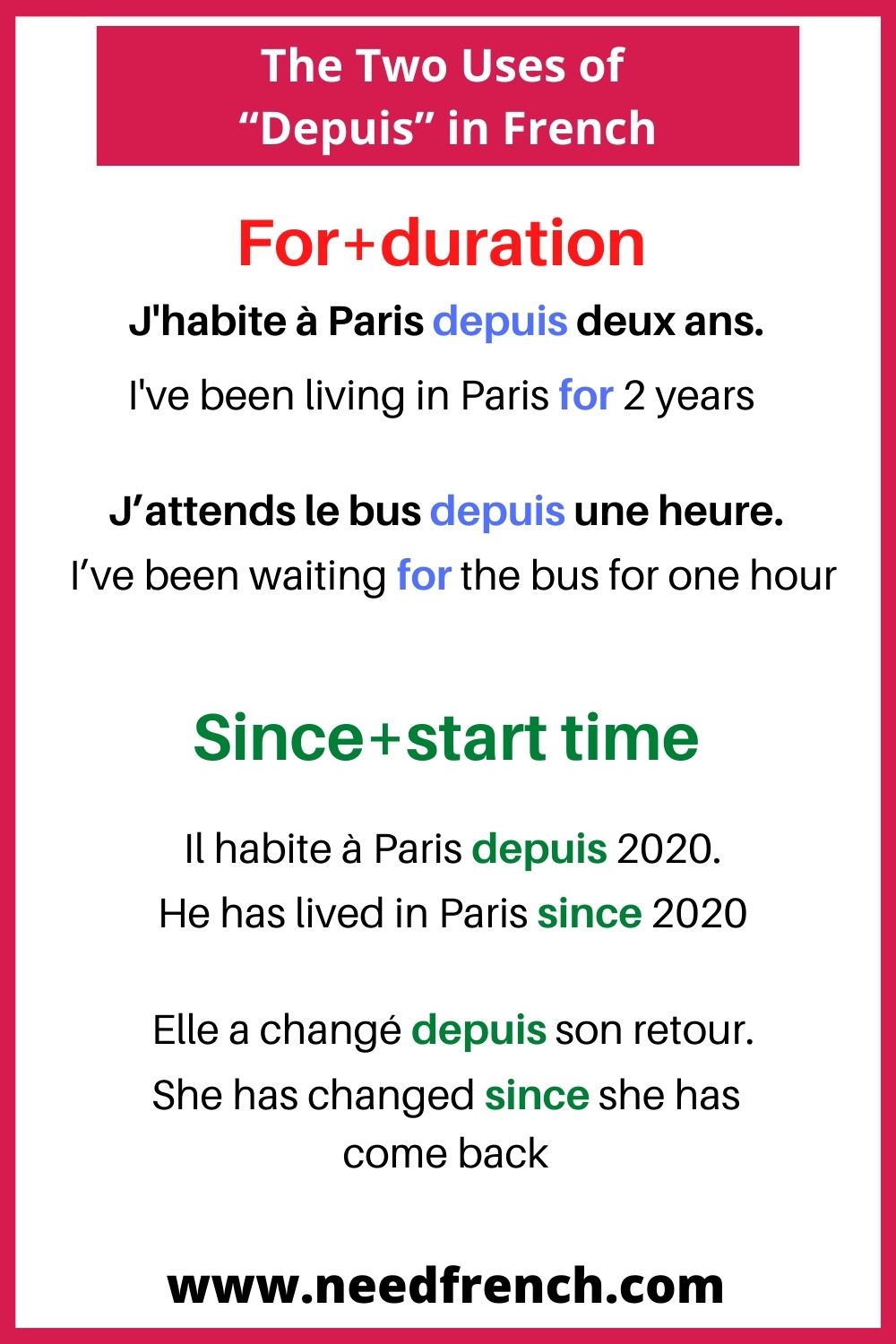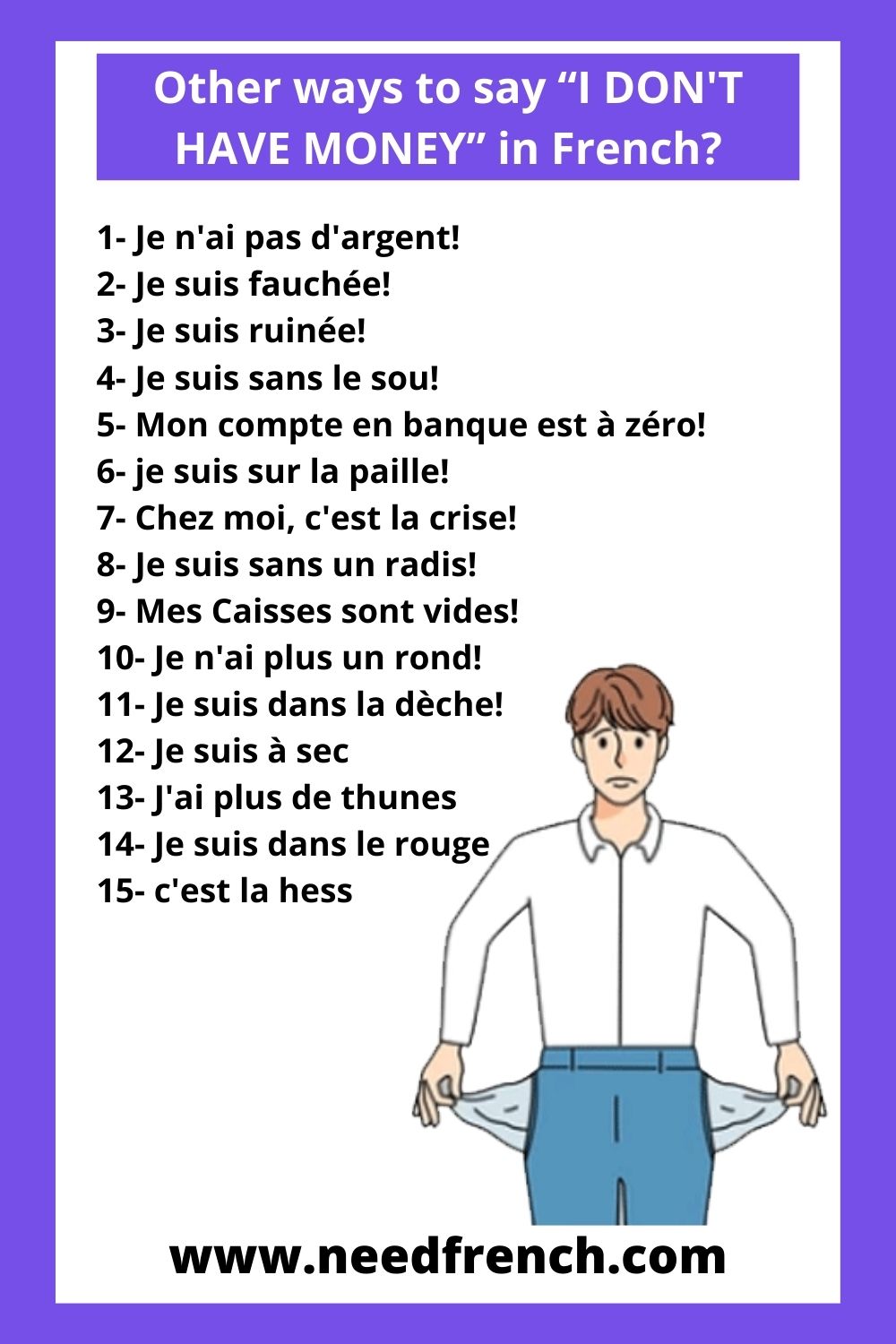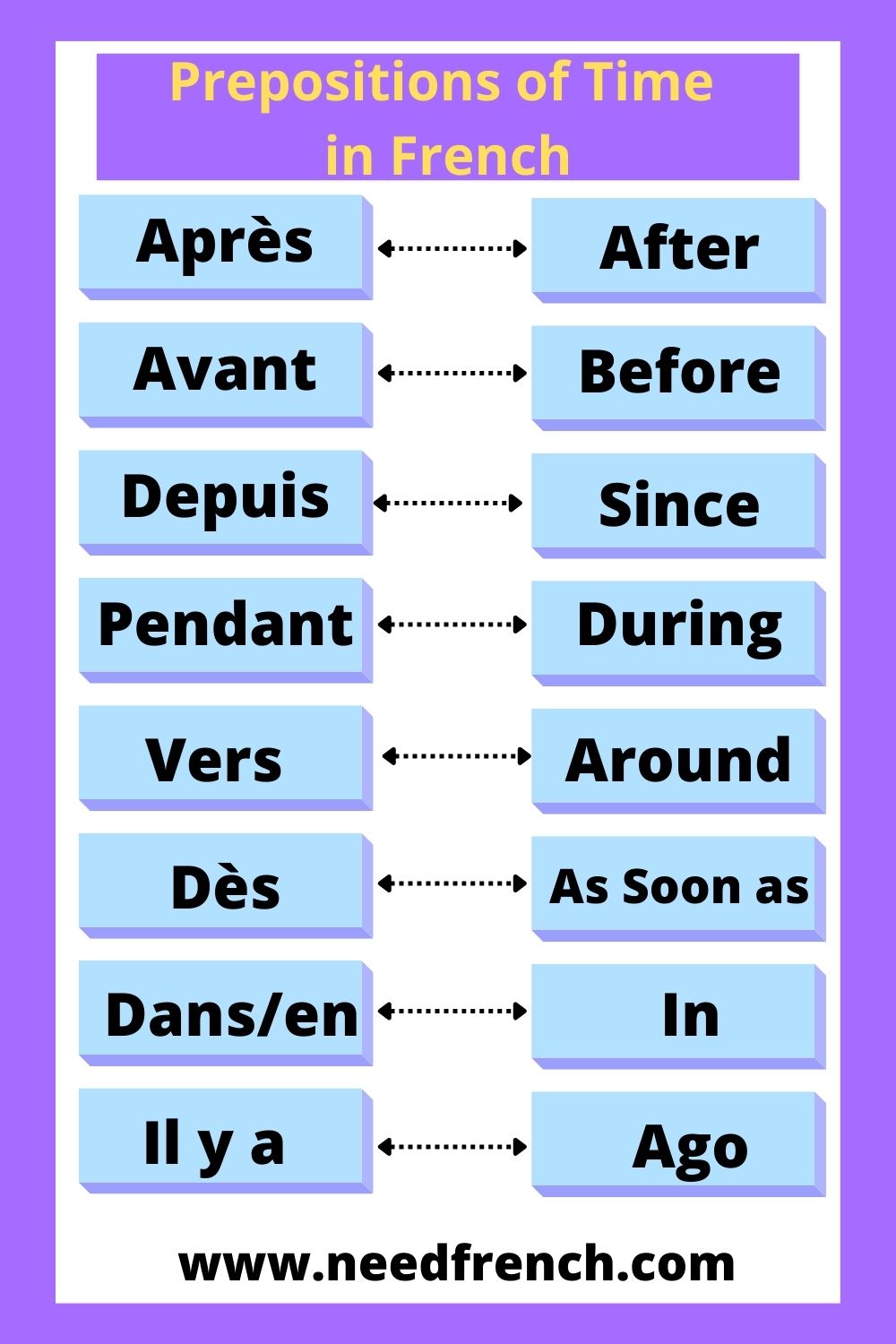As a French student, being able to express your feelings and emotions is crucial. It allows you to connect more deeply with others and communicate effectively. Here are some common expressions you can use to describe your state of mind:
Table of Contents
TogglePositive Feelings
- Je me sens bien. (I feel good.)
- Je me sens heureux/heureuse. (I feel happy.)
- Je me sens en forme. (I feel good / in shape.)
- Je me sens optimiste. (I feel optimistic.)
- Je me sens paisible. (I feel peaceful.)
- Je me sens reconnaissant(e). (I feel grateful.)
- Je me sens chanceux/chanceuse. (I feel lucky.)
- Je me sens aimé(e). (I feel loved.)
Negative Feelings
- Je me sens fatigué(e). (I feel tired.)
- Je me sens triste. (I feel sad.)
- Je me sens en colère. (I feel angry.)
- Je me sens déçu(e). (I feel disappointed.)
- Je me sens frustré(e). (I feel frustrated.)
- Je me sens anxieux/anxieuse. (I feel anxious.)
- Je me sens stressé(e). (I feel stressed.)
- Je me sens seul(e). (I feel lonely.)
Other Expressions
- Je me sens bien dans ma peau. (I feel good about myself.)
- Je me sens perdu(e). (I feel lost.)
- Je me sens confiant(e). (I feel confident.)
- Je me sens inspiré(e). (I feel inspired.)
- Je me sens motivé(e). (I feel motivated.)
- Je me sens créatif/créative. (I feel creative.)
Excited
- Je suis excité(e) (I’m excited)
- Je suis enthousiaste (I’m enthusiastic)
- Je suis passionné(e) (I’m passionate)
- J’ai hâte de (I can’t wait)
- Je suis heureux/heureuse comme un(e) enfant (I’m as happy as a kid)
Proud
- Je suis fier/fière (I’m proud)
- Je suis comblé(e) (I’m fulfilled)
- Je suis honoré(e) (I’m honored)
- Je suis ravi(e) (I’m delighted)
Hopeful
- J’ai bon espoir (I have good hope)
- Je suis plein(e) d’espoir (I’m full of hope)
- J’ai le vent en poupe (The wind is in my sails)
Embarrassed
- J’ai honte (I’m ashamed)
- Je suis gêné(e) (I’m embarrassed)
- Je suis mal à l’aise (I’m uncomfortable)
- Je rougis (I’m blushing)
Surprised
- Je suis surpris(e) (I’m surprised)
- Je suis étonné(e) (I’m astonished)
- Je suis bouche bée (I’m speechless)
- Je suis abasourdi(e) (I’m dumbfounded)
Worried
- Je suis inquiet/inquiète (I’m worried)
- Je suis soucieux/soucieuse (I’m concerned)
- Je me fais du souci (I’m fretting)
- J’ai peur (I’m scared)
More Advanced Expression
- Je suis aux anges. (I’m over the moon.)
- Je suis sur un nuage. (I’m on cloud nine.)
- J’ai le cœur qui bat la chamade. (My heart is racing.)
- J’ai le trac. (I’m nervous.)
- J’ai le cafard. (I’m feeling down.)
- Je suis à bout de nerfs. (I’m at the end of my rope.)
Tips for Expressing Your Feelings
- Use precise vocabulary. There are many words to describe your feelings. Don’t hesitate to use a dictionary or thesaurus to find the most accurate term.
- Be honest. Don’t be afraid to express your true feelings, even if it’s difficult.
- Be specific. Explain what’s causing you to feel this way.
- Use the right tone. Your tone can change the meaning of your message.
Exercise
Choose one of the expressions above and write a sentence or paragraph explaining why you feel that way. You can also share your sentence with a classmate and see if they can guess how you’re feeling.
In Conclusion
Learning to express your feelings in French is an important skill that enhances communication. Don’t hesitate to practice and use the expressions you learned in this article.














